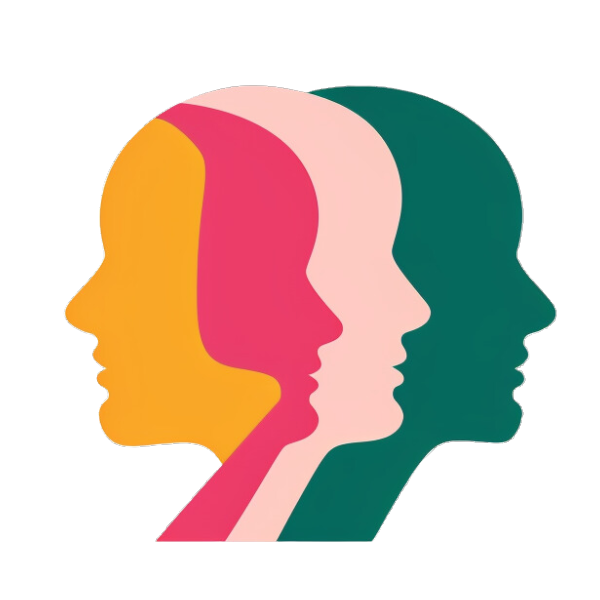Speech Language Therapy
Comprehensive Speech and Communication Support
At Social Relating, we provide therapy for speech sound disorders, fluency disorders, and social communication challenges to enhance effective and confident communication. Our Speech Language Therapy services are available online and in-person for individuals living in Florida.
Communication Disorders
-
Speech Sound Disorders
-
Speech sound disorders involve difficulties with how children pronounce sounds and words. These disorders can include:
- Articulation Disorders: This is when a child has trouble making certain sounds correctly. For example, they might say "wabbit" instead of "rabbit" or have difficulty with sounds like "r," "l," "s," or "th."
- Phonological Disorders: This happens when a child has trouble organizing speech sounds into patterns that make sense. They might leave out certain sounds in words or change how sounds are used, which can affect how understandable their speech is.
- Childhood Apraxia of Speech: This is a condition where a child has difficulty planning and coordinating the movements needed for clear speech. It can make their speech sound very unclear or inconsistent.
These disorders can vary in severity and affect how well others understand your child's speech. Speech-language pathologists are trained to assess and help children with these challenges, using different therapies and strategies to improve their communication skills.
-
Fluency Disorders
-
A fluency disorder involves problems with the flow or rhythm of speech. Children with fluency disorders may experience:
- Stuttering: This is when speech gets stuck on sounds, syllables, or words, causing repetition (like "b-b-book"), prolongation (like "sssssnake"), or blocks (where speech stops suddenly).
- Cluttering: This involves speaking too fast or with unclear articulation, making it hard for others to understand.
These disorders can vary in severity and how they affect a child's ability to speak smoothly and confidently. Speech-language pathologists can evaluate and provide therapy to help improve fluency and communication skills.
-
Social Communication Challenges
-
Social communication challenges refer to difficulties children may have in how they use language in social situations. These challenges can include:
- Understanding Social Cues: This involves recognizing and interpreting non-verbal signals like facial expressions, gestures, and tone of voice.
- Using Language Appropriately: Knowing how to use language in different social contexts, such as talking differently with friends versus adults, or understanding when and how to start or end a conversation.
- Taking Turns in Conversation: Learning to listen, wait, and respond appropriately during conversations, rather than talking over others or staying quiet.
- Making and Keeping Friends: Building and maintaining relationships with peers, including knowing how to join in play and share interests.
- Understanding Figurative Language: Grasping phrases like idioms or sarcasm that may have meanings beyond their literal words.
Children with social communication challenges may struggle with these skills, which can affect their ability to interact and connect with others effectively. Speech-language pathologists can assess these areas and provide therapy to help children improve their social communication skills and feel more confident in social situations.
Services and Evaluation
-
Individualized Treatment Plans
-
- Customized therapy plans tailored to each child's specific needs and goals.
- Progress monitoring and adjustments to ensure effective outcomes.
-
Group Social Communication Sessions
-
- Facilitate interactive sessions where children practice social communication in small groups.
- Target skills such as perspective taking, understanding non-verbal cues, and maintaining conversations.
-
Parent Coaching
-
- Working closely with parents and caregivers to provide support and strategies at home.
- Educating families on how to facilitate speech and language development.
-
Informal Evaluations
-
Speech
- Transcribe speech samples at word and sentence level.
- Analyze the samples for patterns, consistent errors, and inconsistent errors.
- Observe the student’s communication skills during natural interactions.
- Gather information via questionnaires, interviews, feedback, etc. from parents/guardians and the child.
